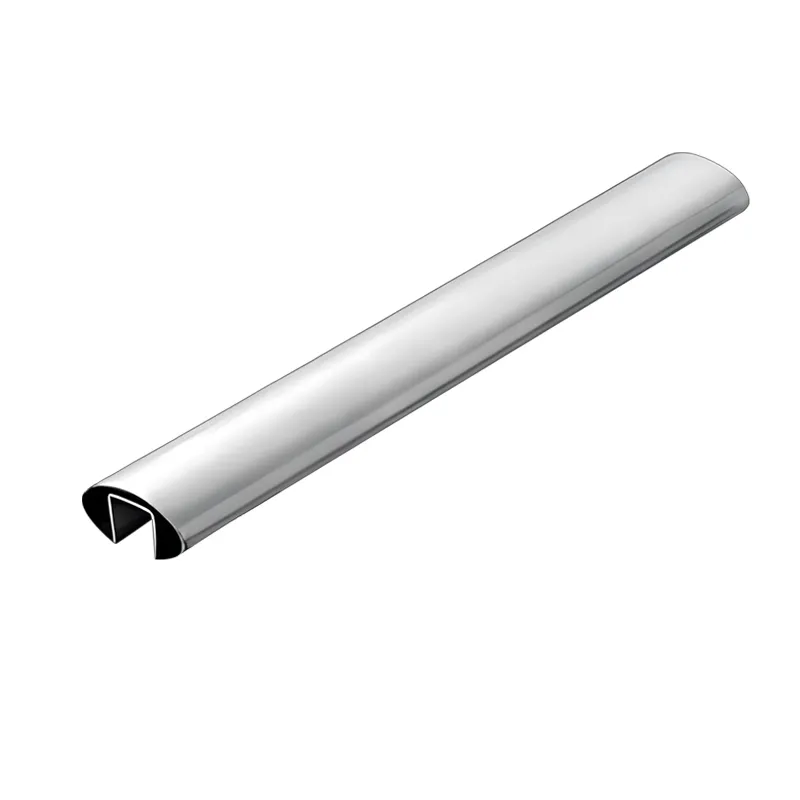

The Importance of Automotive Parts Processing in Modern Manufacturing
Automotive parts processing is a critical component of the automotive industry, playing a vital role in ensuring that vehicles are safe, efficient, and reliable. As the automotive market continues to evolve with rising consumer expectations and advancements in technology, the processing of automotive parts has become more sophisticated and efficient than ever before. This article delves into the significance of automotive parts processing in modern manufacturing and its impact on the overall industry.
At its core, automotive parts processing involves the production, fabrication, and assembly of various components used in vehicles. These components can range from simple items like bolts and nuts to complex systems such as engines and electronic control units. The precision and quality of these parts are paramount, as they directly affect the vehicle's performance, safety, and longevity. For instance, poorly manufactured brake components can lead to failure, resulting in catastrophic accidents.
One of the most significant trends in automotive parts processing is the adoption of advanced manufacturing technologies. Techniques such as computer numerical control (CNC) machining, additive manufacturing (3D printing), and robotics are revolutionizing how parts are produced. CNC machining allows for high precision in cutting and shaping parts, ensuring that every component meets exact specifications. Meanwhile, 3D printing offers the flexibility to create complex geometries that would be challenging or impossible to achieve with traditional methods. These innovations not only enhance the quality of the parts but also reduce production time and costs.

Moreover, the automotive industry is placing a greater emphasis on sustainability and environmental responsibility. Parts processing is increasingly focusing on sustainable practices, such as waste reduction, energy efficiency, and the use of recyclable materials. By implementing environmentally friendly processes, manufacturers not only comply with regulations but also appeal to the growing demographic of eco-conscious consumers. This shift towards sustainability is essential for the long-term viability of the automotive sector.
Quality control in automotive parts processing cannot be overstated. With the rise of global supply chains, ensuring that all parts meet stringent standards is more challenging yet crucial. Manufacturers must adopt comprehensive quality management systems to monitor the production process and mitigate the risk of defects. Techniques such as Six Sigma and Total Quality Management (TQM) are widely utilized to enhance consistency and reliability in parts manufacturing.
Lastly, the integration of digital technologies such as the Internet of Things (IoT) and artificial intelligence (AI) is transforming automotive parts processing. IoT devices enable real-time monitoring of machine performance and part quality, leading to predictive maintenance and reduced downtime. AI algorithms are being used to optimize production schedules, reduce waste, and improve overall efficiency, further exploring the potential of smart manufacturing.
In conclusion, automotive parts processing is a cornerstone of the automotive industry, influencing everything from vehicle safety to manufacturing efficiency. As technological advancements continue to reshape the landscape, manufacturers must adapt and embrace innovation to meet the ever-changing demands of the market. Through precision engineering, sustainable practices, rigorous quality control, and the integration of digital technologies, the automotive parts processing sector is poised for a dynamic future that promises to enhance the overall quality of vehicles worldwide.